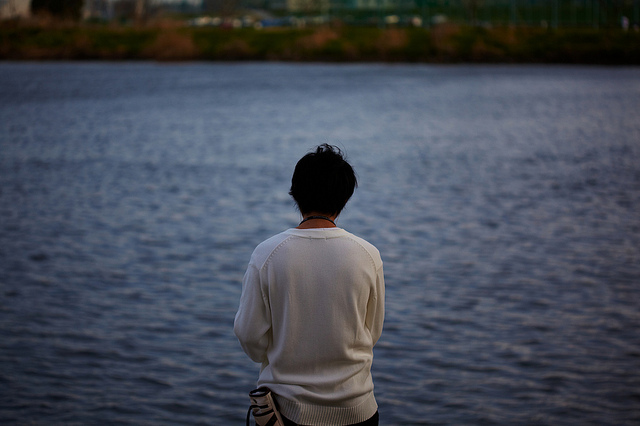
20 Essential Japanese Phrases of Love You Might Need One Day
You've found someone in Japan you're interested in? Good for you! But you can't speak Japanese? No worries, here are 20 Japanese phrases of love to guide you on your way to success. Good luck!
This post may contain affiliate links. If you buy through them, we may earn a commission at no additional cost to you.
Whatever the season, month, week, or day, love is in the air. When you meet the one, you'll know, and you'll seize the chance. But what if they only speak Japanese, but you don't know the language? No worries. Here are 20 Japanese phrases of love for you to start with. Good luck!
▼(Japanese Phrases) Dating & Love Confessions Youtube
1. Suki! (好き!) - I like you!
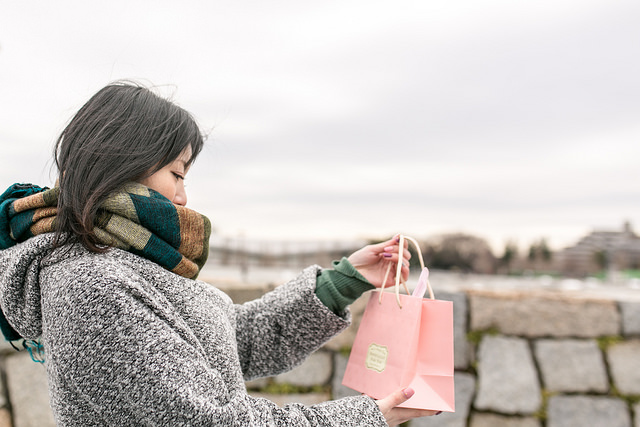
It implies more than friendship. If you say this to someone you're interested in when you're alone together, they are bound to know what you're talking about.
2. Aishiteru. (愛してる。) - I love you.

This phrase excludes family or friendship love, only romantic love. It's a pretty serious word, and implicates you're head over heels. Be careful when you use this word!
3. De-to ni Ikou!/Asobi ni Ikou! (デートに行こう!/遊びに行こう!) - Let's go on a date!/Let's hang out!

Spending time together alone and sharing moments are always a great way to shorten the distance between you and your love interest. Use this phrase and have fun!
Our Top Tips
JR Pass for Whole Japan
Explore Japan in the most convenient and economical way with a Japan Rail Pass! It is valid for the majority of railways and local buses operated by JR.
4. Futari de Ikou! (二人で行こう!) - Let's go together.
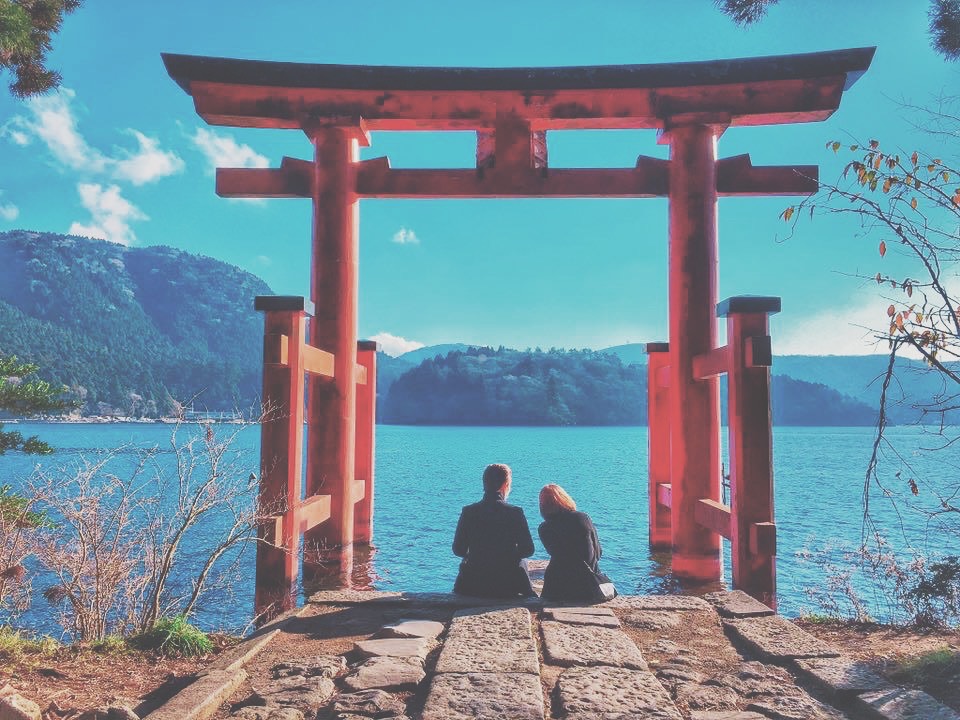
Your whole date won't actually be one if your person of interest brings along a friend. Tell them you want to be alone with them with this phrase. Or you can say this when you're talking about a place. For example, you're talking about the ocean, and you can say this phrase. Boom, there you have a promised date!
5. (Calling their first name)! - (First name)!
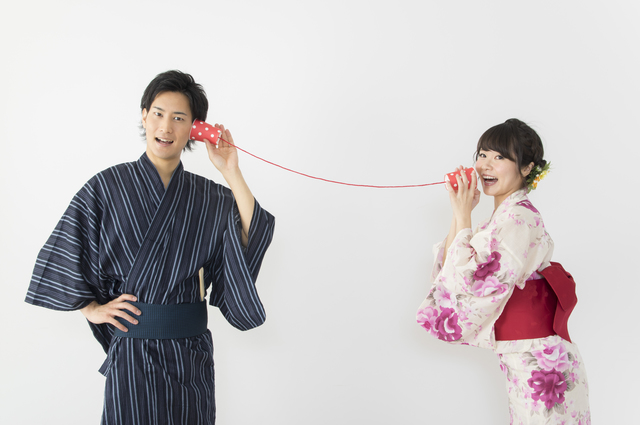
Calling someone, especially a Japanese person who lives by Japanese culture, by their first name is a big deal. Most times, people are called by their surnames with san on the end. Calling them by their first names means you're friends or even something more. This will bring the two of you closer together.
6. Issho ni Itai! (一緒にいたい!) - I want to spend time with you.
Wyatt Fisher/FlickrThis phrase implies you want to have quality time with the person of your interest. It's more of a general term, but it does make your person of interest realize that you may be want to be more than just friends.
7. Issho ni Iru to Hotto suru/Anshin Suru. (一緒にいるとほっとする/安心する) - I feel safe when I'm with you.

This phrase means you feel safe or comfortable with your person. It can mean friendship too, but what's the harm of telling them you feel like home when you're with them?
8. Issho ni Iru to Tanoshii! (一緒にいると楽しい!) - I enjoy myself when I'm with you!
Wyatt Fisher/FlickrThis phrase means that you enjoy someone's company. This phrase can be both friendly and romantic. It depends on what stage of the relationship you are with that person.
9. Daiji ni Shitai. (大事にしたい。) - I treasure you.
Samuel Hearn/FlickrDaiji ni Shitai means you want to treasure, or take care of, your person of interest. This phrase can be used when things are going too fast, and you want to tell them you want to slow down and get to know each other better. It can also mean that you consider this person very important in your life.
10. (Person of interest's name) ga Inai to Samishi. (~がいないとさみしい。) - I feel so lonely with out you.
呉/FlickrThis phrase means that you feel lonely without someone. Anyone can pick up that you're telling them that you want to be with them, and you miss their presence when they're gone.
11. Te wo Tsunagou! (手をつなごう!) - Let's hold hands!
Wyatt Fisher/FlickrHand holding between girls is seen as friendly if they're really close friends, but usually people of around the same age or older holding hands implies a romantic relationship.
12. Hug Shiyou/Dakishimetai. (ハグしよう/だきしめたい) - Let's hug./I want to hold you.
Petras Gagilas/FlickrThese phrases mean you want to hug someone. Hugs between friends aren't that common in Japan. Even if they do, if the hug lasts longer more than 5 seconds or if one invades the other's personal space completely, it's romantic.
13. Kiss Shitai/Kiss Shiyou. (キスしたい/キスしよう) - I want to kiss you./Let's kiss.
Wyatt Fisher/FlickrThese phrases mean you want to kiss someone. Kisses in Japan are completely romantic. The Japanese culture doesn't have the custom of friendly kisses at all.
14. Tsukiaou! (付き合おう!) - Let's go out.

Tsukiaou! means "Let's go out," but it implies dating and becoming a couple. This phrase means that you're in a serious, ongoing romantic relationship with someone. This phrase is often used during romantic confessions.
15. Kappuru desu. (カップルです。) - We're a couple.
Wyatt Fisher/FlickrThis phrase means that you're announcing to whomever politely that you both are a couple, and thus in a romantic relationship. Sometimes you can get discounts at restaurants or movie theaters if you go there as a couple on certain days.
16. Mamoritai. (守りたい。) - I want to protect you.
Wyatt Fisher/FlickrMamoritai means you want to protect someone. Telling someone you want to protect them has a very big romantic meaning in Japanese culture. It implies romance and ultimately, chivalrous feelings for the other.
17. Shoukai shitai. (紹介したい。) - I want to introduce you to someone.
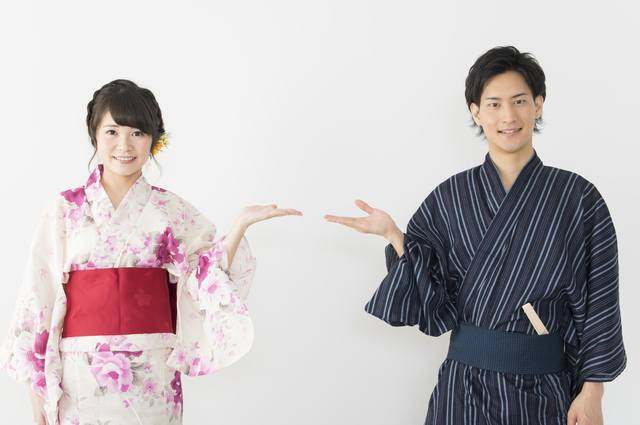
This phrase means you want to introduce your partner to someone. Introducing your romantic partner to your friends, family or colleagues is an announcement and a big step in any culture.
18. Hoteru Ikou. (ホテルいこう。) - Let's go to a hotel.
www.booking.com/Hotel Ikou means you want to go to a hotel. When two people who are in a romantic relationship, or are considering/entering one, go in a hotel, you know what happens. This is one way of getting your point across without being too straightforward.
19. Sawatte Ii? (さわっていい?) - Can I touch you?
Wyatt Fisher/FlickrSawatte Ii? means "Can I touch you?" This phrase can be very romantic and means you are establishing a bond with the other person by getting them to trust you. Consent is important in any culture. Ask them if they're comfortable with touching.
20. Kekkon shiyou! (結婚しよう!) - Marry me!
Vincent Miao/FlickrKekkon shiyou! means "Let's get married!" One of the prominent goals of relationships, said in Japanese! I don't know anything about the legal stuff, but here it is. Hope it works!
The information in this article is accurate at the time of publication.




